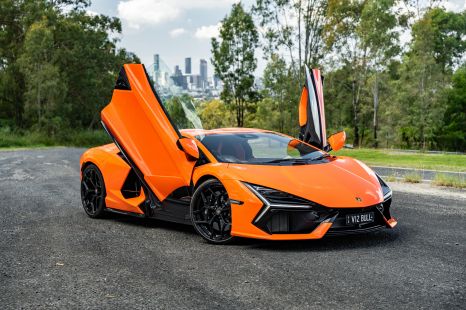

Alborz Fallah
3 Days Ago

Journalist
Audi and SAIC have inked a deal to jointly develop a new electric vehicle (EV) architecture for China, as well as three new EVs.
Overnight the two companies confirmed they will engineer new vehicles based on a new jointly developed “China-specific platform named ‘Advanced Digitized Platform'” for the “dynamic and fast-growing electric vehicle market in China”.
The just signed co-operation agreement will see the German and Chinese partners develop three electric cars covering the B and C segments.
While these terms are often used to cover vehicles like the Audi A1 and Toyota Yaris (B) and Volkswagen Golf and Audi A3 (C), Audi tends to use the term ‘C-segment’ to cover A6-sized models, with B-segment used for A4-sized models.
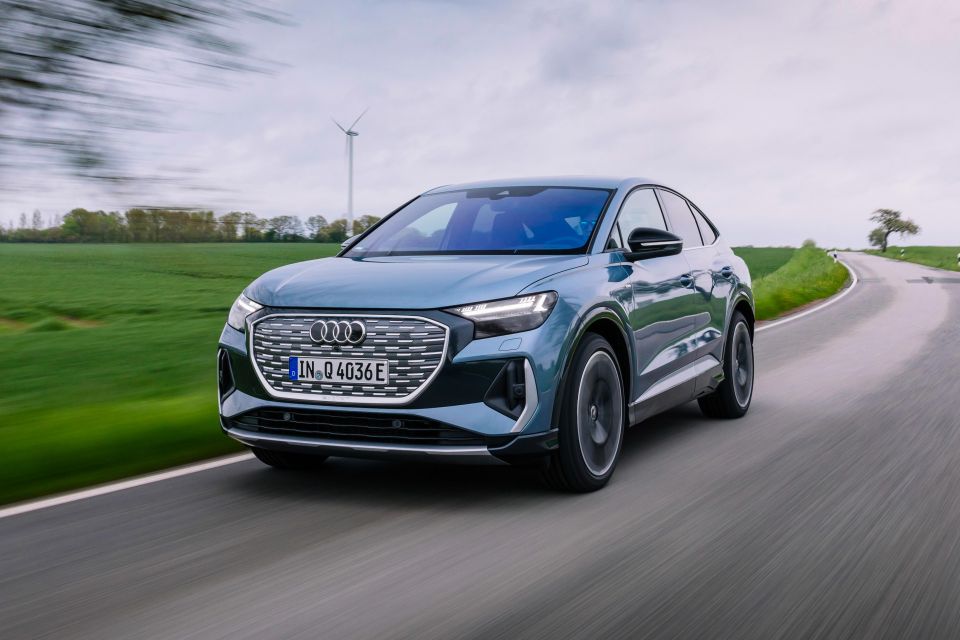
Audi’s EV range in China currently consists of the mass-market Q4 e-tron crossover, as well as the more luxurious and smaller volume e-tron GT sedan and e-tron crossover. It also sold the China-only Q2L e-tron, but this is no longer listed on their website.
According to the partners, by working together development time has been reduced “by more than 30 per cent”. The first car from the partnership is scheduled to land in Chinese showrooms in 2025.
Despite not using one of the Volkswagen Group’s own EV architectures, Audi is promising the new cars will have the brand’s “distinct DNA, with its clear design language, premium driving experience, highest standards of quality, and the latest EV technology”.
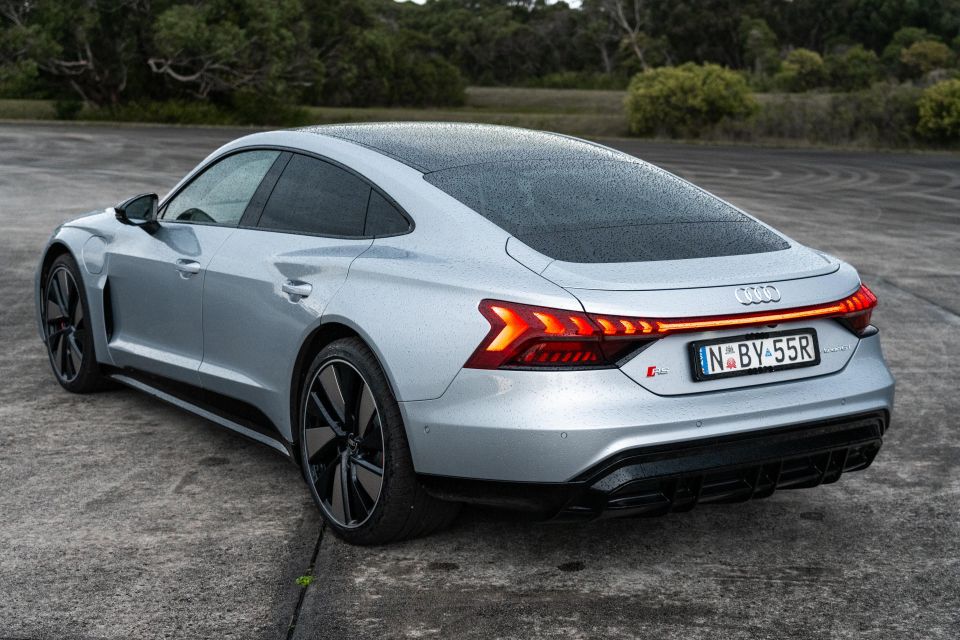
It’s unclear if the new Audis on the Advanced Digital Platform will share much with other vehicles developed by SAIC.
Last year there were rumours Audi would use the architecture underpinning the 5m-long L7 sedan and LS7 crossover from SAIC’s IM Motors brand.
While SAIC isn’t well-known name outside of automotive circles, the company is familiar to many through its MG and LDV brands. The company also operates joint ventures with the Volkswagen Group and GM.
Fermín Soneira, who will head up the joint development project between SAIC and Audi, said in a prepared statement: “With both parties contributing their core strengths, I firmly believe Audi will continue to shape future premium electric mobility by leveraging ‘China-speed’ and the innovation strength of the market”.
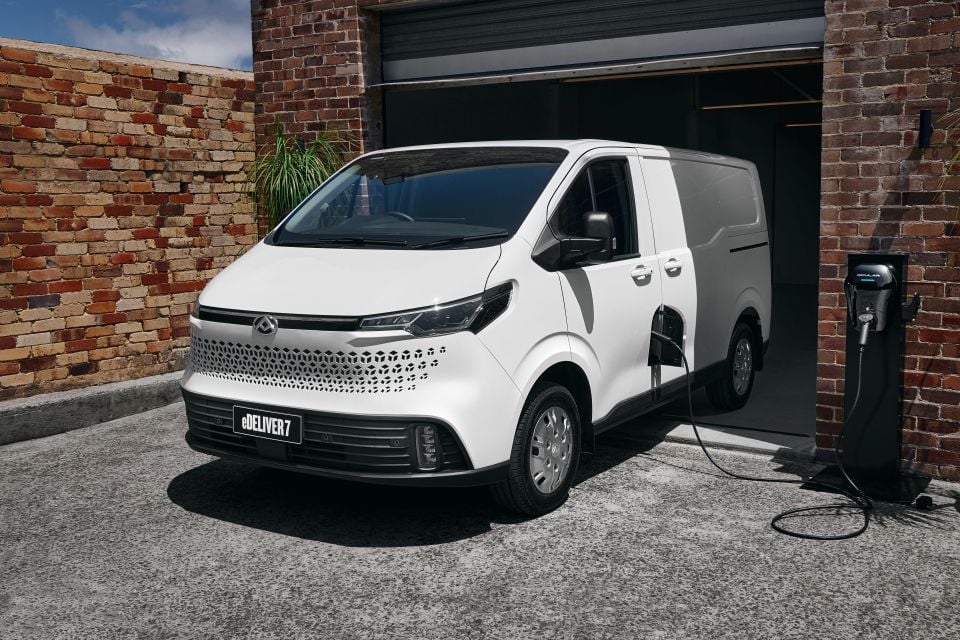
The Volkswagen Group is playing catch-up in the world’s largest car market. Last year it lost its number one sales crown in China, which it has enjoyed practically since the country opened up its market to foreign brands in the 1980s, to BYD.
Although the German automaker has invested heavily in two electric vehicle platforms, MEB and PPE, its rollout of models has been slower and less aggressive than Chinese brands, which have finally gained acceptance in their homeland.
As such, the Volkswagen marque is partnering up with Xpeng to add a few extra models to its EV lineup.
Take advantage of Australia's BIGGEST new car website to find a great deal on a Audi.
Derek Fung would love to tell you about his multiple degrees, but he's too busy writing up some news right now. In his spare time Derek loves chasing automotive rabbits down the hole. Based in New York, New York, Derek loves to travel and is very much a window not an aisle person.


Alborz Fallah
3 Days Ago
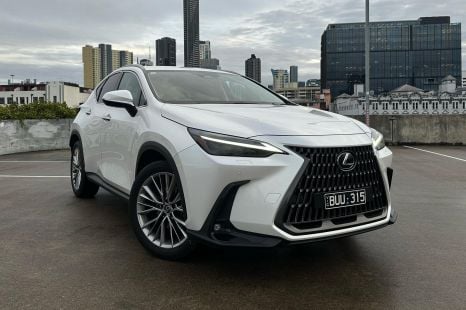

William Stopford
3 Days Ago
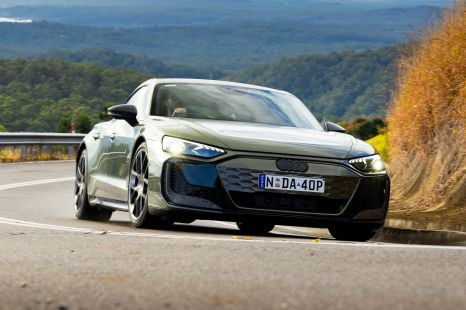

James Wong
2 Days Ago
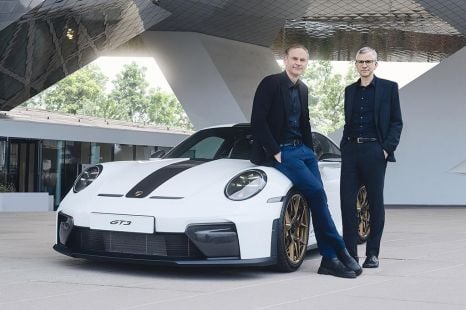

Damion Smy
1 Day Ago
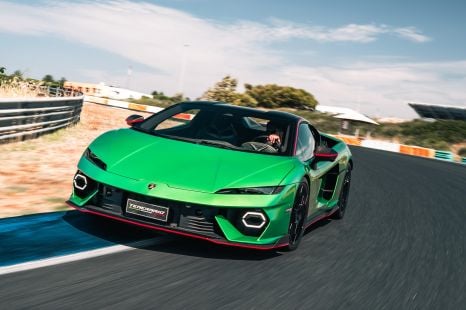

Alborz Fallah
1 Day Ago
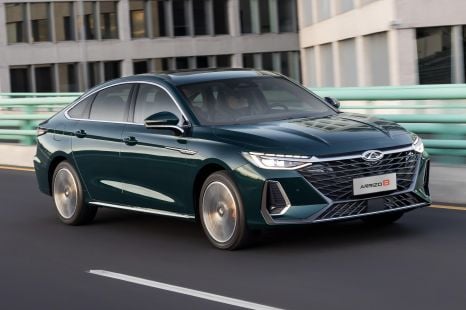

Max Davies
1 Day Ago